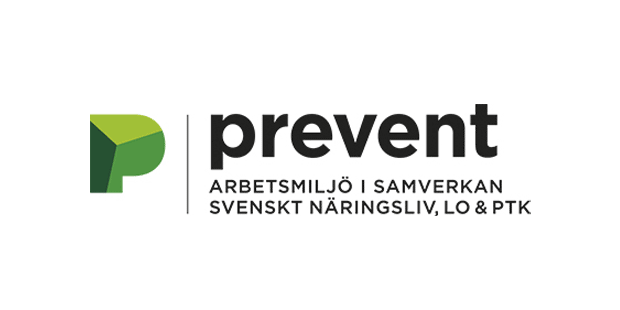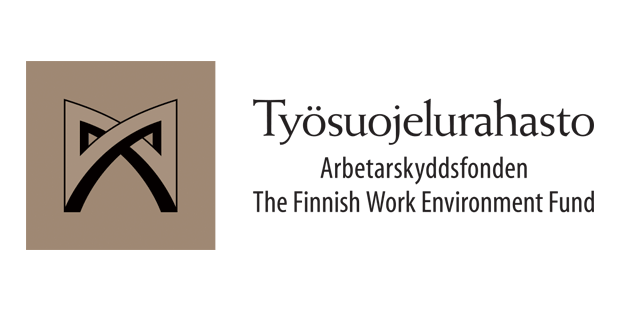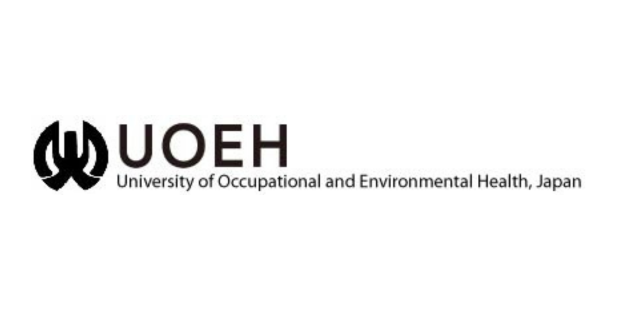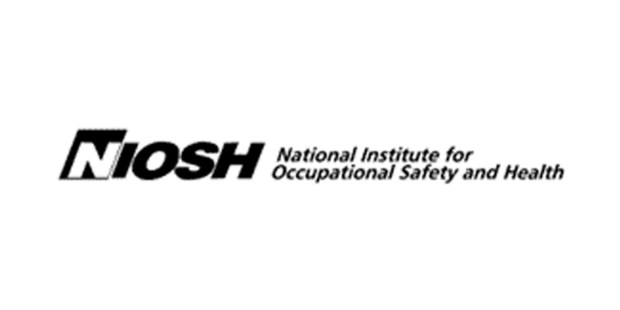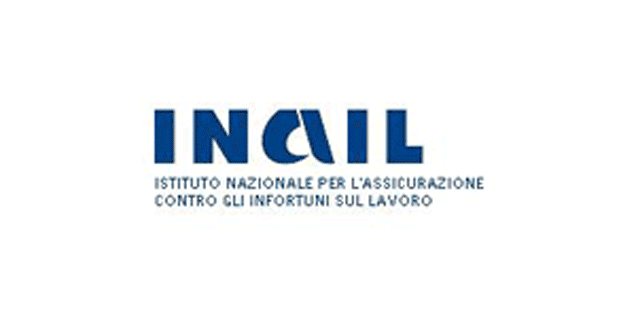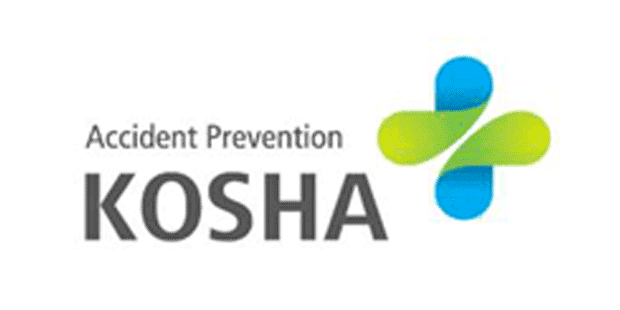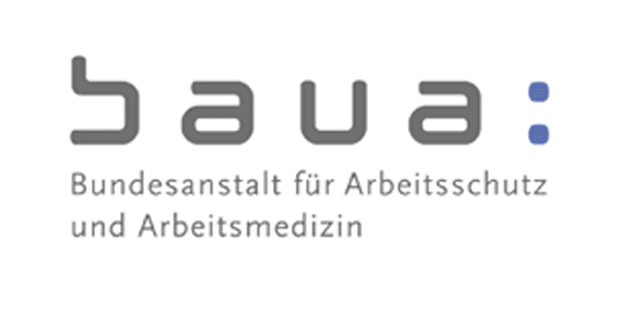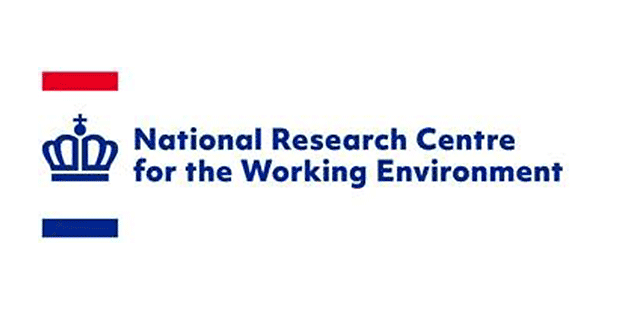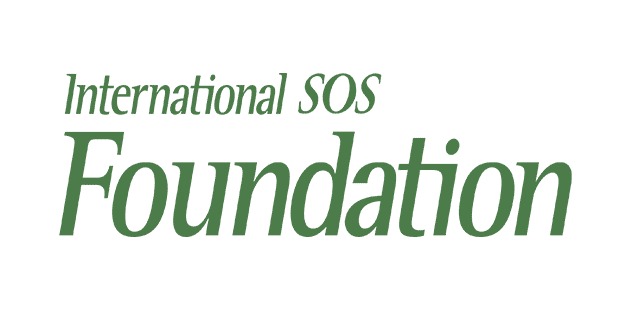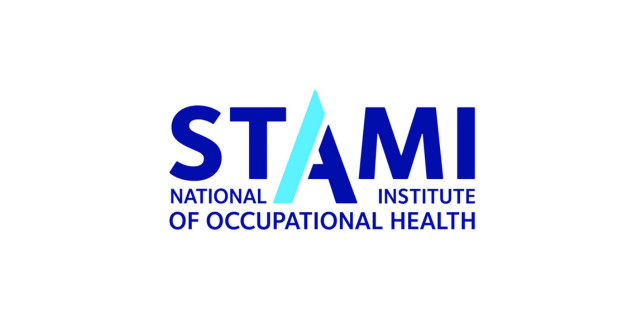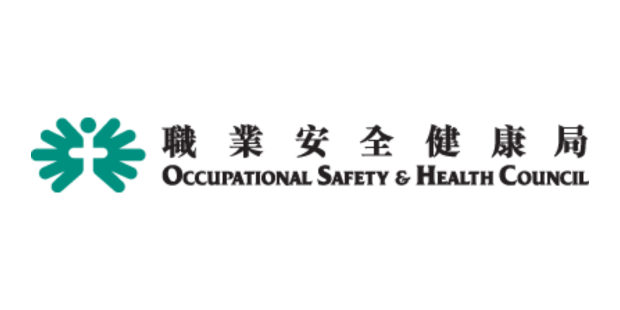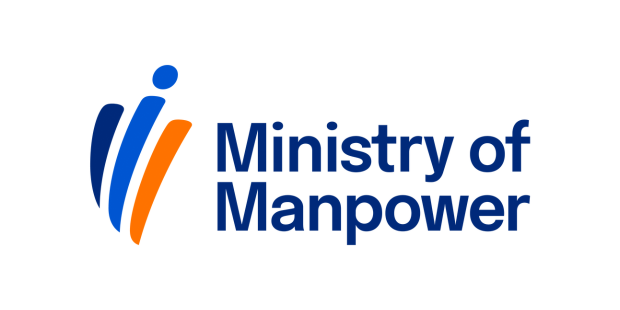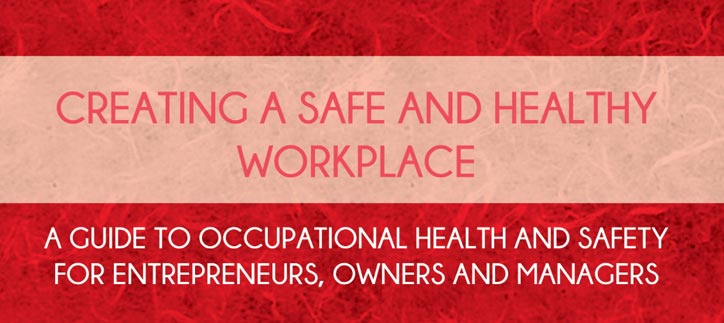Message from the President (December, 2008)
Dear ICOH Members,
This is the last time I communicate through this Newsletter as ICOH President and, as can be expected, my feelings are mixed. I find much insufficiency due to not having been able to serve the Association as maximally as I wished. On the other hand, I am proud and happy that my successor will step up to lead an organization which is vital, increasingly younger, and, while looking curiously to the future, also takes good care of its history and heritage. Today ICOH has a leading position on the global occupational health scene and has strong alliances with other international organizations, both inter-governmental and non-governmental.
Most of the period of 2003–2008 has been a time of impressive development in work life, and of a continuous growth in living standards and well-being of working populations almost throughout the world. But during the recent weeks, perspectives have taken a totally different track. ICOH's vitality, energy and wisdom will be challenged not only by the rapid changes in work life, but also by the sudden global economic crisis, that appeared promptly and is spreading like a pandemic. Queen Elisabeth II of the United Kingdom aptly interpreted the feelings of most of us, by asking whether it would not have been possible to anticipate this situation: 'Why did nobody notice it?' The crisis indeed is an indication of the severe inability of the world economy research community to predict changes and identify the weaknesses of the global economy governance system. But even more, the roots of the crisis are in the lack of business ethics among the key players of global economies. Due to these weaknesses, the whole world will now suffer from a recession for 2 to 10 years, depending on the various scenarios.
Unfortunately, it is ultimately the working people of the world, not due to any cause of their own, who have to bear the consequences. It means harder work for everyone and less resources for health, environment and social protection. Occupational health is also at a risk of suffering from cutbacks. This is particularly unfortunate, as the need for occupational health is likely to grow, as times get harder. We should remind decision-makers, business leaders and even trade unions of the evidence obtained during the last global recession 15 years ago, which showed that efficient social protection programmes and services provided effective buffers against the most negative impacts of the economic crisis and accelerated quick recovery by enabling, for example, the effective mobilization of working people back to the labour market when the post-crisis recovery started. Slowing growth also presents the opportunity to make improvements in the basic safety and health structures of the work environment and in workers' health, as production pressure decreases. There is also more time for competence upgrading, and training and education of personnel, including training in safety and health. This is also wise preparation for future recovery. We should encourage decision-makers to refrain from short-sighted dismantling and downsizing of research programmes and occupational health service programmes, as their need does not decrease but grows in a recession.
As an Association, we have during the two past tenures focused on two main categories of priorities: first, the development of substantive activities, and second, the development of ICOH as an Association. The former group of priorities has covered, for example, the development of scientific committee activities, the development of occupational health services and particularly basic occupational health services, the effectivizing of internal and external information activities, including the revitalization of the Newsletter, and continuous, active development of the ICOH website.
The Scientific Committees have been active and productive during both of the past two tenures under the leadership of our Vice President, and have organized approximately 80–100 Scientific Symposia or Conferences during this time. The Scientific Committees have been active and productive during both the past two tenures, and have. The reorganization and merging of three Committees, the reorientation of some Committees and the establishment of two new Committees have taken place, to ensure that the content of ICOH scientific activities better correspond to the needs of modern work life. Further substantive priorities have been the strengthening of ethical dimension and its implementation in ICOH, and collecting and cultivating ICOH history and heritage, particularly in connection with ICOH Centennial events. The hundredth anniversary was a high point for our Association. It resulted in the extremely successful Milan Congress in publishing our heritage documents and in the launching of the Centennial Declaration of the International Commission on Occupational Health. Thus the activities focusing on our substantive priorities have mostly been highly rewarding.
The second group of priorities has included the strengthening of ICOH as Association through the renewal of regulations and production new or updating of existing key guidelines needed for ICOH core activities. Our membership campaigns have succeeded in replacing the demography-related drop-outs and, in fact, increased the membership, including high numbers of members from developing countries and young members. Membership services have been successfully developed by our Secretary General. Activities of national secretaries have been enhanced and the links with National Associations expanded by our Vice President. Strengthening links and collaboration with the International Inter-Governmental Organizations and with our NGO-Allies, IEA, IOHA and ISSA has been one of the most prominent priorities. The Memoranda of Understanding between NGO-Allies and ICOH have provided a more solid basis for our collaboration.
The Officers, Scientific Committees, National Secretaries and our Committees, Task Groups and Working Groups including the Networks, have been active and provided most valuable service to ICOH. The two Boards of the two tenures have also been supportive to Officers, and either collectively or through individuals' capacities contributed strongly to both strategic leadership and strategy implementation. By providing their trust to the Officers and Board and by participating in dozens of Scientific Committee activities and ICOH Congresses, ICOH members have kept the organization alive and dynamic.
Let me personally most sincerely thank my Dear Colleagues, the ICOH Officers, for all their contributions and support; the Board, both collectively and each member individually; the Chairs and Secretaries of the Scientific Committees, and the National Secretaries for a most interesting and stimulating two tenures within the framework of ICOH. It has been a privilege to work with all of you. On behalf of the whole Leadership of ICOH, Officers and the Board I also wish to thank the ICOH members for their support and participation in all the activities of ICOH.
Much has been achieved, but much remains to be done. The next leadership will face incredible challenges in the turbulent world of work. In future the development of occupational health and safety needs scientific evidence and expert knowledge and skills even more than today. I am convinced that ICOH wants to take the challenge and to provide such support for all who want to use it. For this, ICOH deserves a wise, professionally and ethically strong leadership, capable of navigating the Association through what can be called rocky waters of the globalizing work life.
May I wish ICOH and its future Officers, Board and members the utmost success in your great mission for improved occupational health for all the working people of the world. Let me close by sending warmest Season's Greetings and wishes for a Happy and Successful New Year 2009 for each and every ICOH Member.
Jorma Rantanen
President of ICOH


